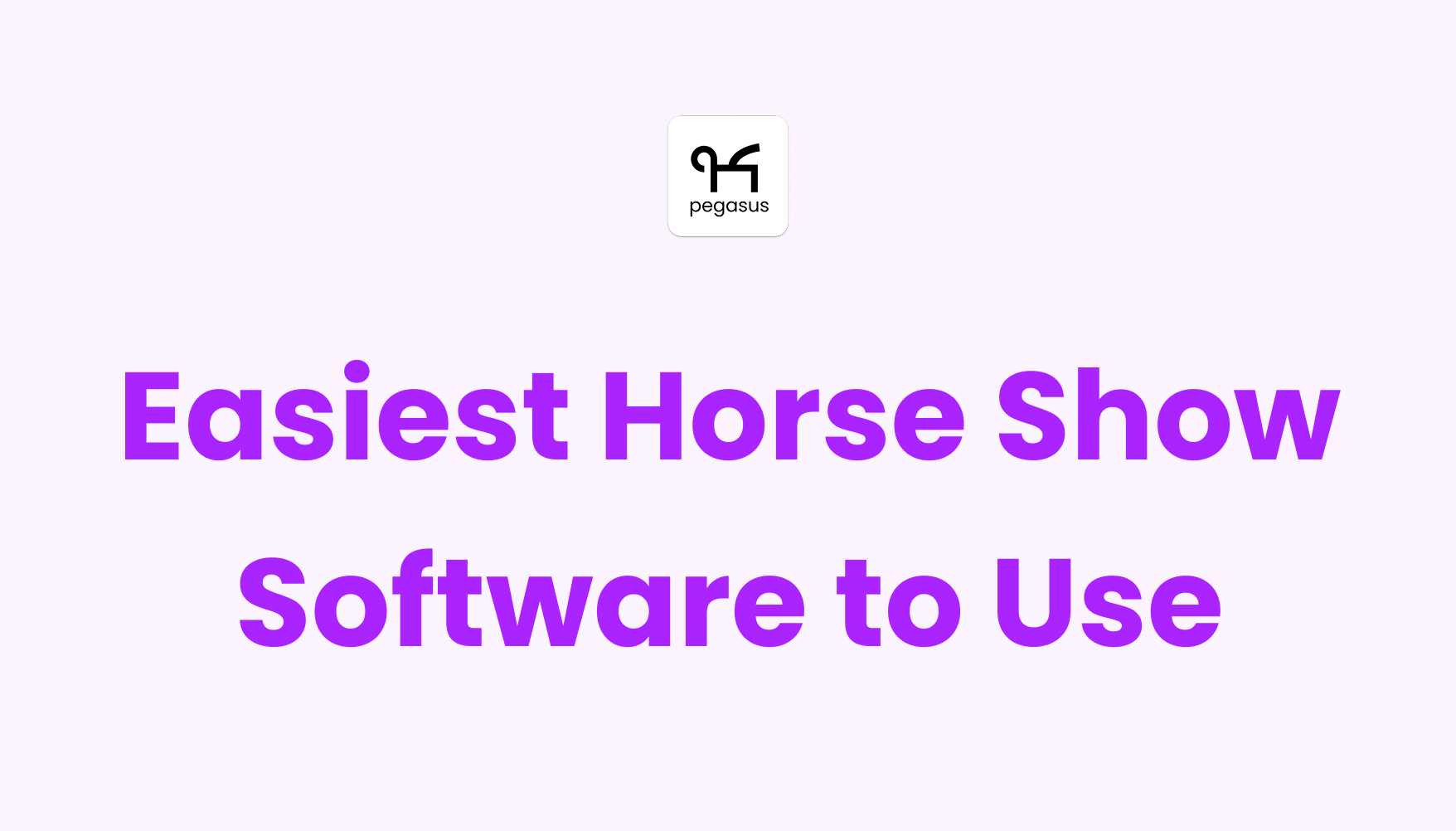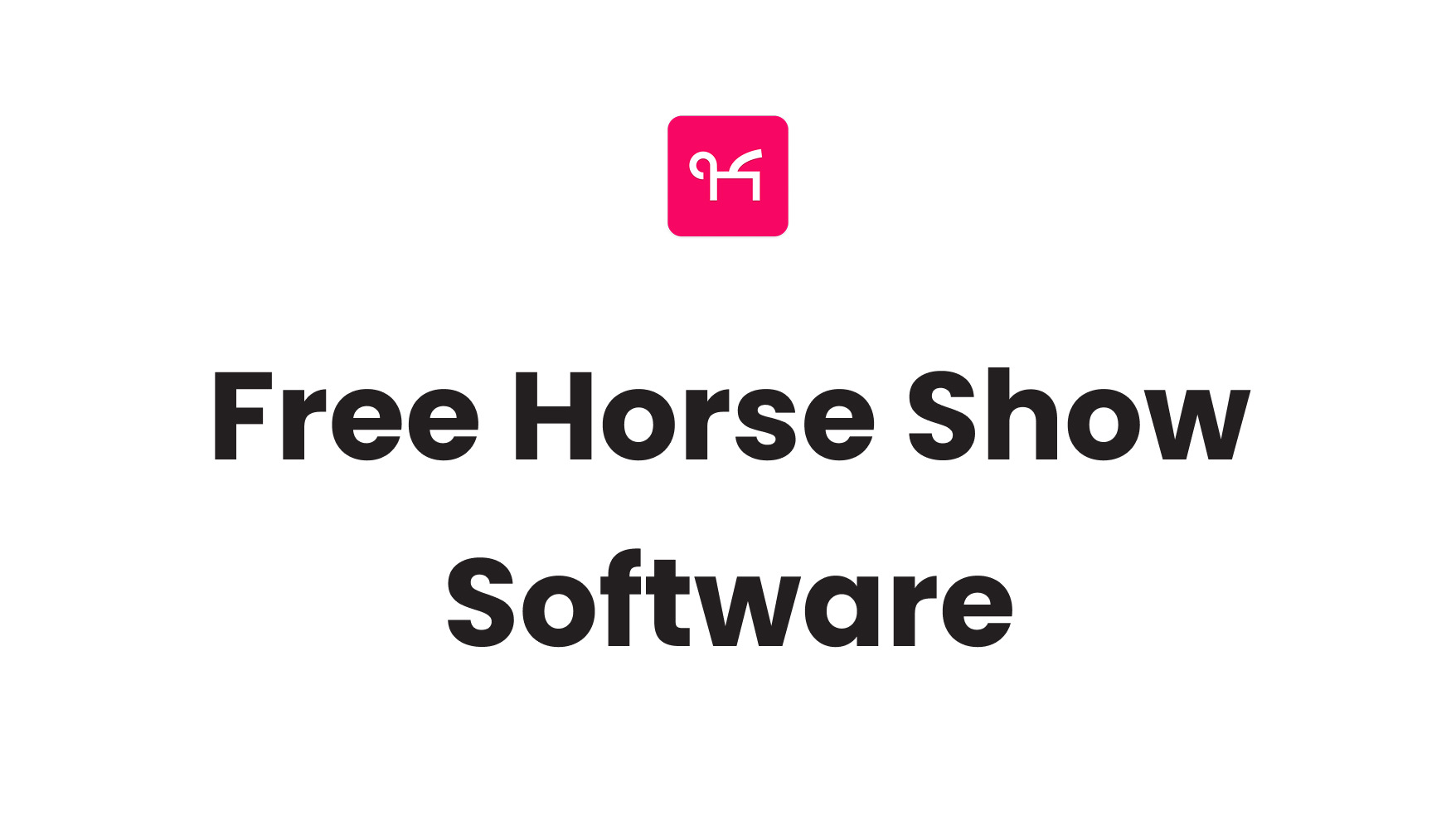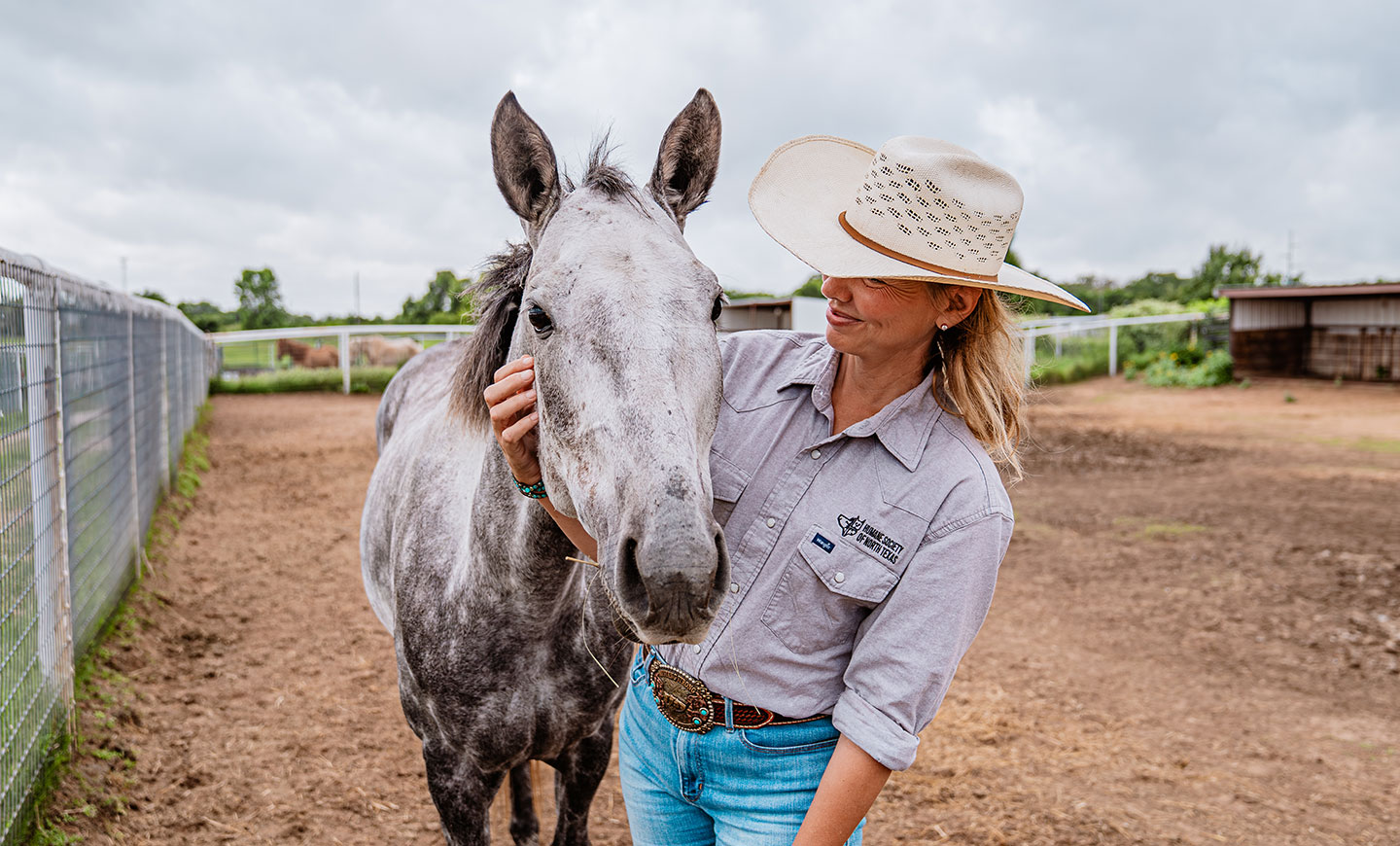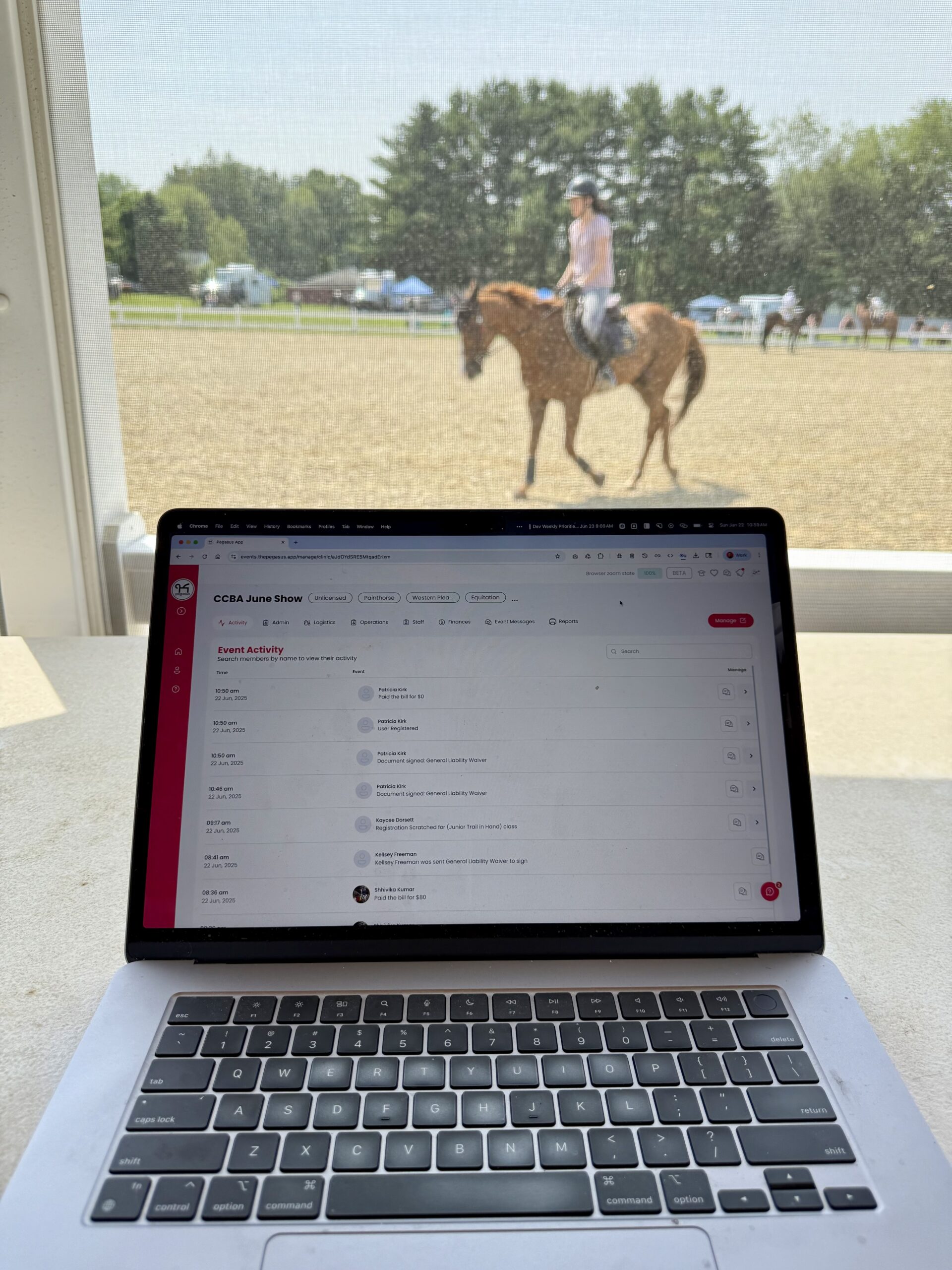Kevin Hankins, DVM, MBA, Managing Equine Veterinarian, Zoetis
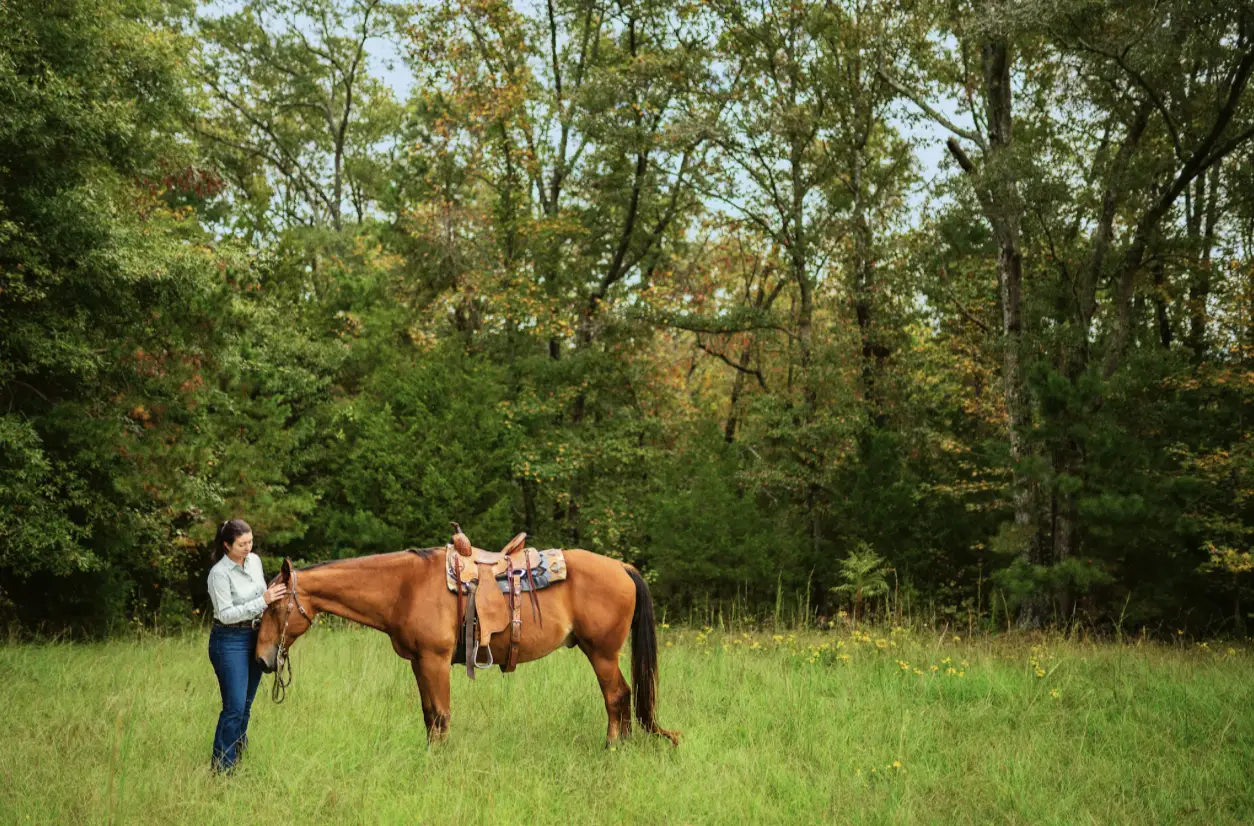
As a veterinarian, the best way to provide appropriate health care for animals is to work with animal owners to develop a preventive plan for potential health problems. Helping in the prevention of infection by West Nile virus is just one of the ways we can work to keep horses healthy. With the summer heat intensifying, horses are particularly vulnerable to insect-borne diseases like West Nile virus (WNV). This disease can be fatal in horses, so it’s important to work with your veterinarian to make a prevention plan. Mosquitoes play a significant role in transmitting this disease, so let’s talk a bit about WNV and tips to help prevent it.
WNV and its impact on horses
WNV is a mosquito-borne viral infection that primarily affects birds but can also be transmitted to mammals, including horses and humans. The virus is most active in the summer and early fall when mosquito populations are at their peak levels. Infected mosquitoes can transmit the virus to horses through their bites, leading to a range of clinical signs and potential complications. Vaccination has been shown to be the most effective way to help protect horses against WNV and other mosquito-borne diseases. Research reveals that when vaccinated, horses may be 30 times less likely to contract the virus.1
In horses, the clinical signs of WNV can vary from mild to severe. Common symptoms include fever, loss of appetite, depression, weakness and muscle tremors. As the disease progresses, neurological signs may become evident, such as ataxia (incoordination), head-pressing, difficulty swallowing and seizures. In severe cases, the infection can cause encephalitis, which may be fatal. WNV isn’t to be taken lightly. According to the American Association of Equine Practitioners, this virus has been shown to be fatal in 33% of horses that exhibit clinical signs of disease.2
Preventing WNV in horses
Preventing contraction of this virus in horses is crucial to avoiding unnecessary suffering and mortality. Employing a combination of mosquito reduction and vaccination strategies provides the most effective defense against the disease.
Mosquito reduction
Mosquitoes breed in standing water, so one important step to take includes eliminating their breeding sites to help reduce population levels. Horse owners and caretakers can follow these measures to minimize mosquito breeding grounds:
- Regularly empty and clean water troughs, buckets and containers to eliminate stagnant water sources, where mosquitoes lay their eggs.
- Maintain proper drainage in and around stables and paddocks to prevent water accumulation
- Eliminate or treat stagnant water in ditches, puddles and low-lying areas with larvicides approved for use around animals
- Hang fans throughout barns where horses are stabled, since mosquitoes avoid moving air
- Install mosquito-proof screens on stable windows and doors to prevent mosquitoes from entering
- Implement mosquito traps and electrocuting devices to help reduce mosquito populations in the vicinity of horses
Mosquito repellents
Using repellents specifically formulated for horses may provide an added layer of protection. These products can be applied to a horse’s skin and coat, and they help repel mosquitoes and other biting insects. However, it’s essential to choose repellents approved for equine use and to follow the manufacturer’s instructions carefully. Apply insect repellent or bring horses inside from dusk to dawn, which are peak mosquito feeding hours.
Fly sheets and masks
Fly sheets and masks offer physical barriers against mosquito bites and other biting insects. They not only protect horses from WNV but also help avert other vector-borne diseases and minimize skin irritations caused by insect bites.
Vaccination
Providing a vaccine administered by your veterinarian is one of the most effective methods of preventing WNV in horses. Vaccines stimulate a horse’s immune system to produce antibodies against the virus, providing immunity against the disease.
Work with your veterinarian as they advise and follow a proper vaccination schedule based on a horse’s age, vaccine history and risk of exposure. Most initial vaccinations require a booster shot, and subsequent boosters are usually administered annually. It’s critical to stay up to date with their recommended vaccination schedule to ensure optimal protection for your horse.
Zoetis offers the following vaccines to help keep your horses safe:
West Nile-Innovator®: The West Nile-Innovator line of vaccines protect against West Nile, Eastern equine encephalomyelitis (EEE), Western equine encephalitis (WEE), Venezuelan viruses, and tetanus. In a study, West Nile-Innovator was demonstrated to be 96% effective in immunologically naive horses.3 If your horse received his core vaccinations in the spring, schedule a booster to help provide additional protection.
Fluvac Innovator® EHV-4/1: If your horse is at greater risk for respiratory diseases like equine influenza and equine herpesvirus, then your veterinarian may recommend a booster vaccine of Fluvac Innovator EHV-4/1. In a study, researchers conducted a separate administration of West Nile-Innovator and Fluvac Innovator EHV-4/1 and found that it generated four times the immune response to WNV than was produced by a one-shot combination vaccine.4
Core EQ Innovator®: Core EQ Innovator is the first and only vaccine to help protect horses against all five potentially fatal core equine diseases (WNV, EEE, WEE, rabies and tetanus) in one injection. If your horse didn’t receive his vaccination against these five potentially fatal core diseases in the spring, talk to your veterinarian about scheduling this all-in-one vaccine.
Another reason I recommend these three vaccines is that Zoetis offers an Equine Immunization Support Guarantee covering reasonable diagnostic and treatment costs up to $5,000 if a horse properly vaccinated by a veterinarian with a Zoetis vaccine contracts one of the following corresponding equine diseases: WNV, rabies, EEE, WEE, tetanus, flu, rhino and Venezuelan equine encephalomyelitis.
Prevention is particularly important for horses that are moving from place to place, racing, showing, competing or even breeding. Movement alone creates a stress response and can make your horse more susceptible to disease. Once WNV cases show up in an area, the virus can spread like wildfire through mosquito hosts. Make sure you apply the above prevention measures as much as possible. Use your own water buckets and hoses too, because while it may be easier to share, it’s a quick way to spread disease if one of your horses becomes infected.
WNV isn’t the only disease lurking out there that can affect your horses. A great new resource for equine disease updates is the Equine Disease Communication Center (EDCC), which tracks outbreaks of equine diseases. I advise anyone travelling with horses or even staying on the farm to check the EDCC and make sure you have appropriate vaccinations and biosecurity measures in place.
As a veterinarian, I cannot stress enough the importance of educating yourself about the risks of WNV and the preventive measures available. By working together, we can create a safer environment for our equine companions and minimize the impact of this potentially devastating disease. Let’s all take responsibility and act in the best interest of our horses, ensuring they enjoy a healthy and disease-free life in the summer and beyond.
References
1. Epp T, Waldner C, West K. Efficacy of vaccination for West Nile virus in Saskatchewan horses. In: Proceedings. 51st Annual Convention of the AAEP 2005;180-182.
2. American Association of Equine Practitioners. Core vaccination guidelines.
3. Epp T, Waldner C, Townsend HGG. A case-control study of factors associated with development of clinical disease due to West Nile virus, Saskatchewan 2003. Equine Vet J. 2007;39:498-503.
4. Cortese V, Hankins K, Holland R, et al. Serologic responses of West Nile virus seronegative mature horses to West Nile virus vaccines. J Equine Vet Sci. 2013;33:1101-1105.
All trademarks are the property of Zoetis Services LLC or a related company or a licensor unless otherwise noted. © 2023 Zoetis Services LLC. All rights reserved. WNI-00080



